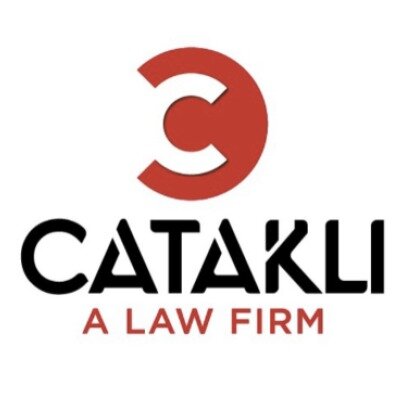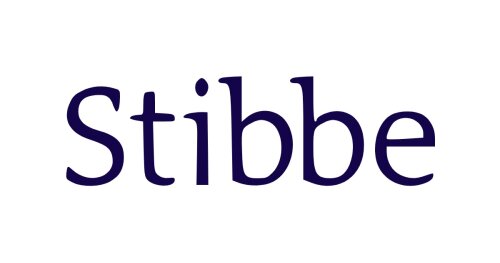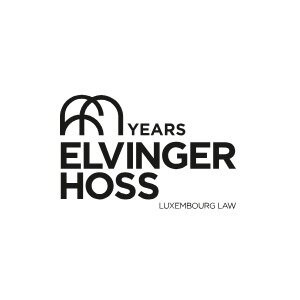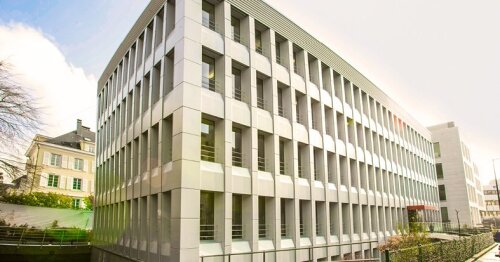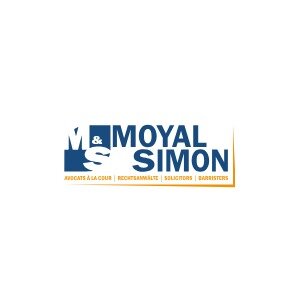Best Art & Cultural Property Law Lawyers in Luxembourg
Share your needs with us, get contacted by law firms.
Free. Takes 2 min.
List of the best lawyers in Luxembourg, Luxembourg
About Art & Cultural Property Law in Luxembourg, Luxembourg
Art & Cultural Property Law in Luxembourg is a specialized area of legal practice that deals with the protection, management, and transactions of artistic works and cultural properties. This field encompasses a range of legal issues, including copyright and intellectual property rights, ownership disputes, the sale and export of artworks, and the preservation of cultural heritage. Given Luxembourg's rich cultural heritage and its position as a major hub in Europe, the country has developed specific regulations aimed at safeguarding its artistic and cultural assets.
Why You May Need a Lawyer
There are several situations in which individuals or organizations may require legal assistance in the realm of Art & Cultural Property Law:
- Art Acquisition and Sales: Navigating complex sales agreements, authentication issues, and provenance questions can benefit from legal expertise.
- Copyright and Intellectual Property: Artists and creators may need support in protecting their works against unauthorized use or reproduction.
- Dispute Resolution: Ownership disputes can arise, requiring legal intervention to resolve conflicts between parties.
- Restitution of Cultural Property: This can involve significant legal challenges, especially when dealing with items taken during periods of conflict.
- Tax and Estate Planning: Legal advice can help in managing the transfer of art and cultural property assets to heirs or charitable organizations.
Local Laws Overview
Luxembourg's legal framework for Art & Cultural Property is influenced by both national legislation and international agreements:
- Intellectual Property Code: Covers copyright, moral rights for artists, and protection of creative works.
- Museum and Cultural Heritage Laws: These regulate the management and preservation of artworks and cultural properties, ensuring they are properly protected.
- Export Control Regulations: Specific laws govern the export of cultural property and artworks to ensure their preservation and prevent illegal trade.
- International Conventions: Luxembourg abides by international agreements such as the UNESCO Convention on Cultural Property and the UNIDROIT Convention on Stolen or Illegally Exported Cultural Objects.
Frequently Asked Questions
What is cultural property?
Cultural property includes objects significant to the cultural heritage of a people, such as artifacts, artworks, manuscripts, and historical monuments.
Can I freely export art from Luxembourg?
No, the export of certain artworks and cultural properties is regulated to protect cultural heritage. Permits may be required for exportation.
How can I prove the authenticity of artwork?
Authentication often involves provenance research, expert evaluations, and documentation to substantiate claims of authenticity.
What should I know before purchasing artwork?
Consider reviewing the artwork's provenance, authenticity, condition, and any legal restrictions that may apply to its sale or export.
Are digital artworks protected by copyright?
Yes, digital artworks are considered intellectual property and are protected under copyright laws just like traditional art forms.
What is the role of a cultural heritage lawyer?
These lawyers provide legal guidance on the protection, management, restitution, and transactions involving cultural and artistic properties.
How are disputes over art ownership typically resolved?
Disputes can be resolved through negotiation, mediation, or litigation, depending on the circumstances and parties involved.
What measures are in place to protect Luxembourg's cultural heritage?
Luxembourg has laws and regulations that govern the preservation and protection of its cultural artifacts and heritage sites.
Do artists in Luxembourg have moral rights?
Yes, artists have moral rights that protect their personal connection to their works, including the right to attribution and integrity.
Can cultural property be used as collateral?
Yes, cultural properties can be used as collateral, but legal advice is crucial to understanding the implications and regulatory requirements involved.
Additional Resources
For more information and assistance, consider reaching out to these resources:
- Ministry of Culture: Offers guidance on cultural heritage laws and regulations.
- National Museum of History and Art: Provides insights into preservation and exhibitions of cultural properties.
- Luxembourg Bar Association: Can help you find qualified lawyers specializing in Art & Cultural Property Law.
- International Council of Museums (ICOM) - Luxembourg: A network supporting museum professionals and cultural heritage preservation.
Next Steps
If you need legal assistance in Art & Cultural Property Law, consider taking the following steps:
- Consult with a Lawyer: Contact a legal expert specializing in Art & Cultural Property Law to discuss your specific needs.
- Research Your Legal Obligations: Understanding the applicable laws and regulations is crucial to making informed decisions regarding art and cultural properties.
- Gather Required Documentation: Ensure you have relevant documents such as provenance, purchase agreements, and any permits related to your case ready for legal review.
- Explore Alternative Dispute Resolution: Mediation or arbitration may be viable options for resolving disputes without going to court.
Lawzana helps you find the best lawyers and law firms in Luxembourg through a curated and pre-screened list of qualified legal professionals. Our platform offers rankings and detailed profiles of attorneys and law firms, allowing you to compare based on practice areas, including Art & Cultural Property Law, experience, and client feedback.
Each profile includes a description of the firm's areas of practice, client reviews, team members and partners, year of establishment, spoken languages, office locations, contact information, social media presence, and any published articles or resources. Most firms on our platform speak English and are experienced in both local and international legal matters.
Get a quote from top-rated law firms in Luxembourg, Luxembourg — quickly, securely, and without unnecessary hassle.
Disclaimer:
The information provided on this page is for general informational purposes only and does not constitute legal advice. While we strive to ensure the accuracy and relevance of the content, legal information may change over time, and interpretations of the law can vary. You should always consult with a qualified legal professional for advice specific to your situation.
We disclaim all liability for actions taken or not taken based on the content of this page. If you believe any information is incorrect or outdated, please contact us, and we will review and update it where appropriate.



